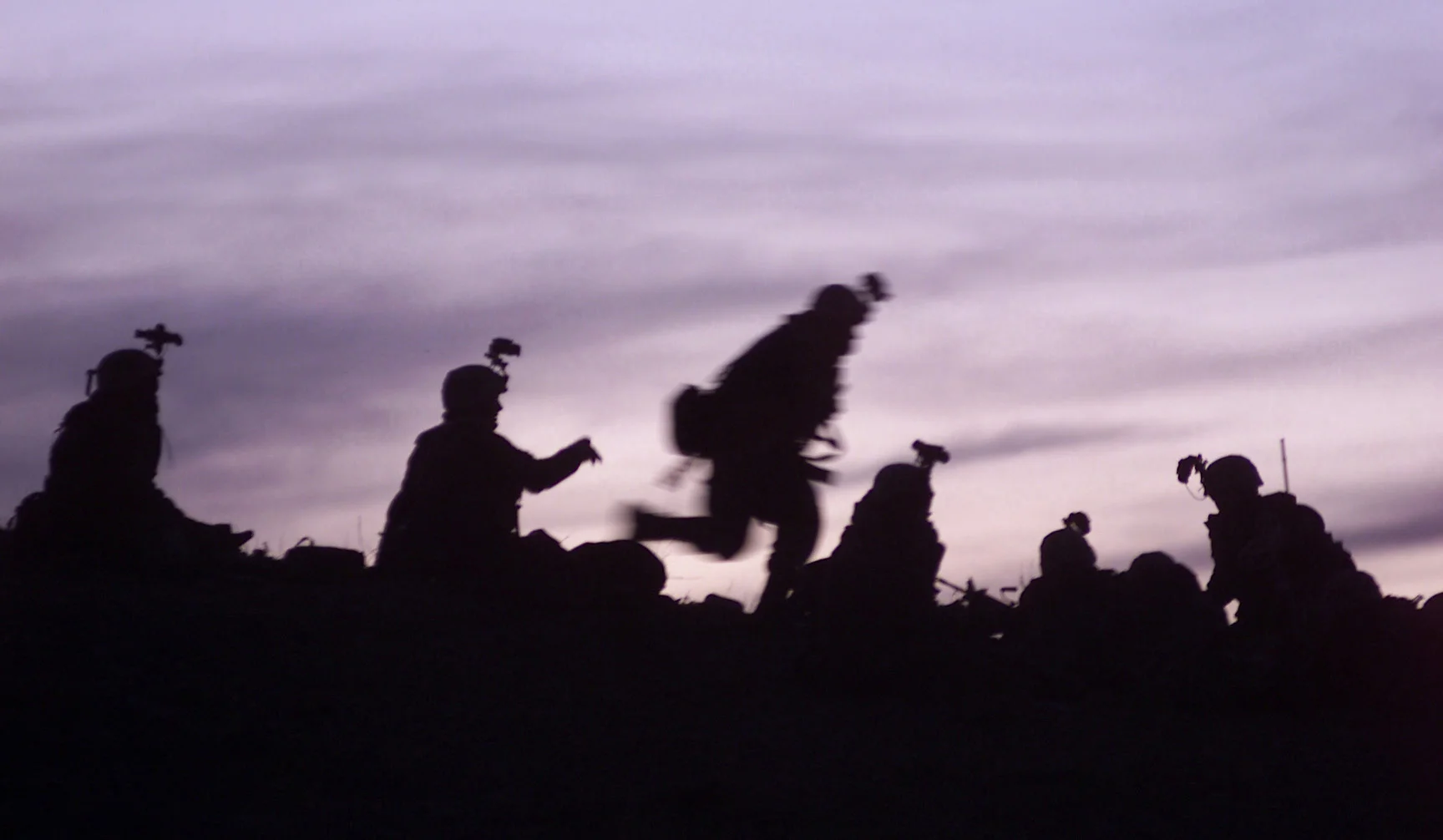Traditional military educational and training approaches often limit creative and critical thinking that can provide skills for quick decisions and action. Applying simple experiential learning tools in a collaborative physical setting can integrate both requirements, thus enhancing what students learn and can apply. Effectively, this requires applying Active Learning to professional military education, particularly for mid-career officers who have built up a body of practical field experience, but also are still young enough to be open cognitively to new ways of learning and thinking about their experiences.
The Failed Thermostat: The Illusion of Control In an Information-Rich Age
There has been too much effort by senior leaders, civilian and military, to make war into their own image rather than accept war for what it is. In their efforts to control the image of war, these leaders have deluded themselves and their subordinates. Senior leaders still appear to believe they are adjusting a kind of military thermostat. This is a delusion. The delusion has proven tragically costly.
Poetry as Therapy or The Dead Soldiers Society of Poets
My first efforts were in high school and they were predictably trite, often to the point of tears. During college years, I was too busy with other, more important affairs to write, yet the times were too intense to ignore the innate power of a good poem; this was the 1960s. I hosted a radio show in college in which, between the music, I would read relevant English and American poetry: Cummings, Whitman, Dickinson, Jeffers, Stevens, Longfellow, and the like. I even created one show around Richard Burton’s readings of Wilfred Owen’s war poetry.




